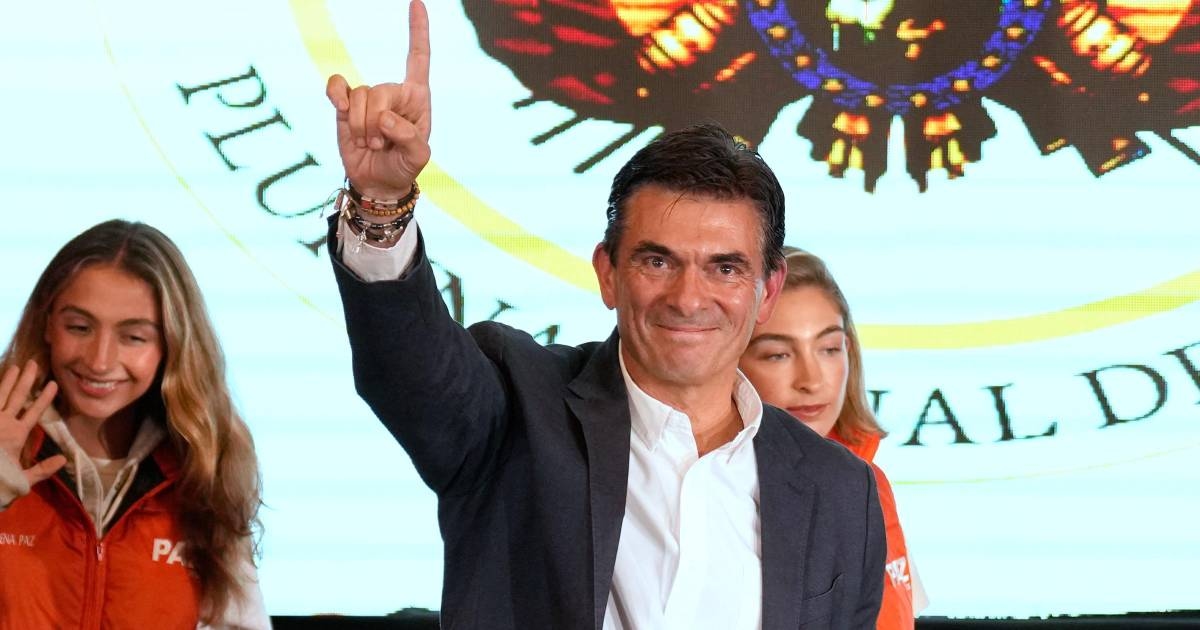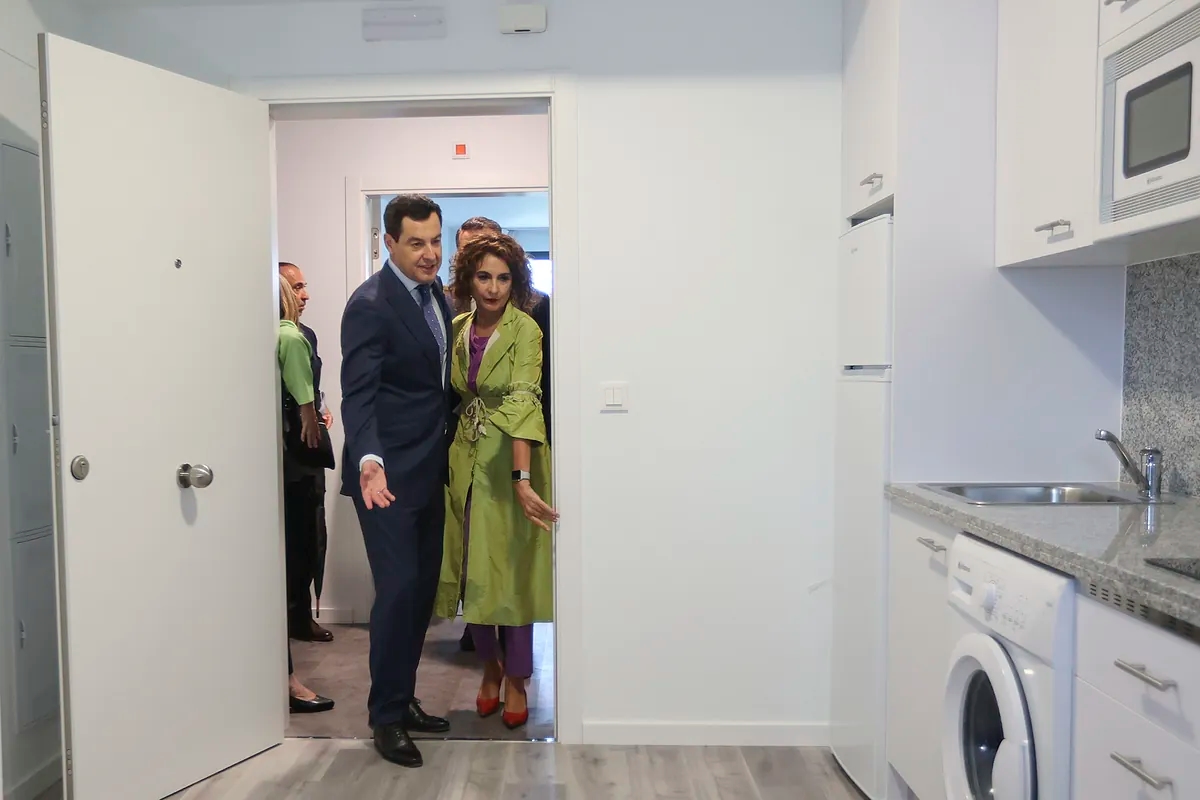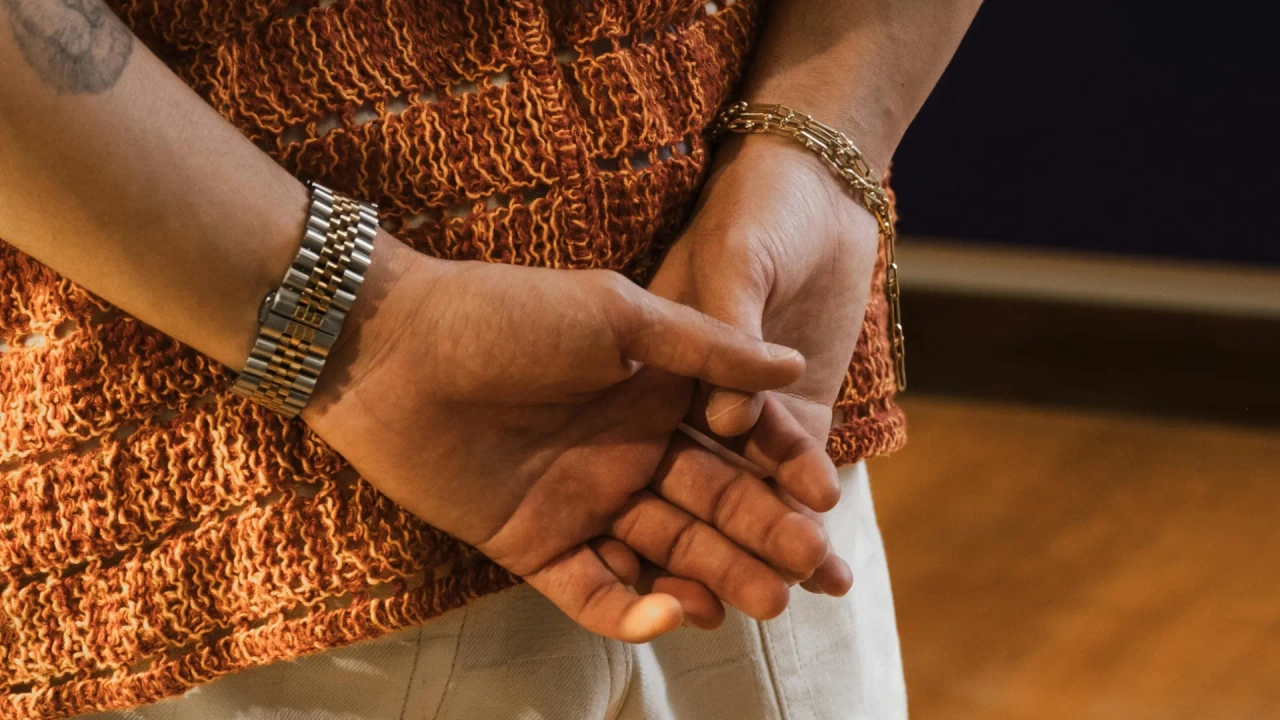Rodrigo Paz wins the presidency of Bolivia

Centrist Senator Rodrigo Paz won Bolivia's presidential election on Sunday after attracting the votes of Bolivians disenchanted with recent leftist governments and frustrated with the worst economic crisis in four decades.
Paz won 54.61 percent of the vote, compared to former conservative president Jorge "Tuto" Quiroga (2001-2002), who won 45.39 percent in the historic runoff election, according to information from the Supreme Electoral Tribunal, which noted that the trend is irreversible . Quiroga acknowledged his rival's victory and said he had congratulated him.
YOU MAY BE INTERESTED IN: IAPA warns of 'hostile discourse' against journalism at the closing of its 81st Assembly
"We can't leave the country hanging. We would exacerbate the problems of the people suffering from the crisis; we can't question things. We need a mature attitude right now. We're going to verify the results, but I congratulated Rodrigo," Quiroga told his supporters and reporters.
The result marks a new political era after two decades of leftist governments under the Movement Toward Socialism (MAS).
Paz, 58, is the son of former leftist president Jaime Paz Zamora (1989-1993). This was the first time the senator from Tarija ran for president after a 20-year career in politics as a congressman, mayor, and governor of that region in southern Bolivia. Paz was able to attract the votes of former MAS voters and moderate sectors.
Edman Lara, Paz's vice-presidential candidate, said, "Today the people are giving us the opportunity to govern Bolivia... it's time to unite, it's time to reconcile. Political colors are over." Lara is a former police officer who gained fame on social media by denouncing cases of corruption within the force.
Political analyst Andrés Gomes told the Unitel television channel that Paz and Lara "started without a party structure, not even a financial team; they were the product of chance and opportunity; they appeared at a time when people were demanding new politicians, and they reached out to them through social media."
The new government will end nearly 20 years of leftist rule by outgoing president Luis Arce and Evo Morales, which concludes amid the worst economic crisis in 40 years and an internal rift that led the MAS to its worst electoral defeat in the first round on August 17.
The elections were held amid fuel shortages, rising food prices, and a lack of jobs. According to various polls, the economy is the main concern for 80 percent of Bolivians.
The runoff day passed peacefully, with citizens turning out in large numbers to vote, said Davor Stier, head of the European Union observer mission. Authorities deployed 27,000 police officers to support and maintain public order at the 35,000 polling stations.
Arce was the first to vote in La Paz. "We urge both candidates to protect democracy and respect the results, and we call on the people to come out and vote," said the outgoing president, who was booed after casting his ballot.
Meanwhile, Morales cast his vote in his coca-growing stronghold of Chapare, where the vote went smoothly. In the first round, he had called on his supporters to spoil their votes.
The next president will be forced to seek alliances with like-minded forces to achieve a majority in the Legislative Assembly and achieve a governability that allows him to address urgent economic adjustments to reverse the fiscal deficit, which hovers around 10% of the Gross Domestic Product, cumulative inflation of 18.3% through August, a fuel shortage that is affecting agricultural production, and a recession that the World Bank predicts will extend until 2027.
Paz had surprisingly won in the first round with 32 percent of the vote, while Quiroga, 65, obtained 26 percent.
"It's a great step for the country. Whatever the people decide must be supported and endorsed to move the country forward. Every vote counts," Paz said after casting her ballot in her native Tarija.
"Now I want change. I want the bonuses and the aid they've promised to become a reality," said Yola Rojas, a 67-year-old Aymara vendor, before voting, referring to the senator's campaign promise. "I'm a grandmother and a mother, I'm in charge of my family, and with these high prices, we can't take it anymore. We need urgent solutions."
Her husband is a rice truck driver but has had fuel difficulties, she said.
The political shift that has brought Bolivia into a conservative wave across the continent will mean that the Andean country—the poorest in South America —will leave behind nearly 20 years of a statist economy and return to free-market policies.
Vanguardia





